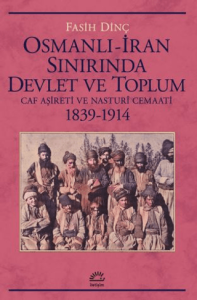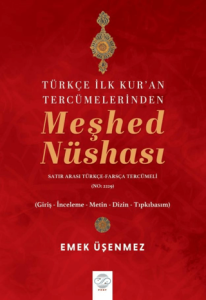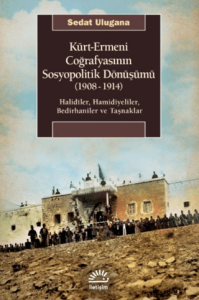
Jesuit Father Antuan Ilgit offers a solid examination of the status of disability in the religious traditions of Christianity and Islam. Ilgit takes his readers through the primary sources of Islam –the Quran, the Sunna and Islamic law—on questions of disability from punishment to test as they are expressed in contemporary Turkey's governmental department of religious affairs, the Diyanet, and as differently engaged by other parties. From there he looks at the Catholic Church's approach to disability in the scriptural traditions of the imago Dei, in the Gospels where Jesus' healing and inclusion are paramount, and in the Church's Canon Law on sacramental participation for people with disabilities. Finally, he proposes the subject of disability as an important bridge in the critical efforts of dialogue and collaboration across these faith traditions and explores specific non-threatening topics to move toward better relations as well as better services for people with disabilities, their families, and communities. Since disability crosses all demographics, Ilgit provides an excellent resource for developing a dialogue program for people of different traditions and cultures. Mary Jo Iozzio, PhD, Professor of Moral Theology, Boston College
Jesuit Father Antuan Ilgit offers a solid examination of the status of disability in the religious traditions of Christianity and Islam. Ilgit takes his readers through the primary sources of Islam –the Quran, the Sunna and Islamic law—on questions of disability from punishment to test as they are expressed in contemporary Turkey's governmental department of religious affairs, the Diyanet, and as differently engaged by other parties. From there he looks at the Catholic Church's approach to disability in the scriptural traditions of the imago Dei, in the Gospels where Jesus' healing and inclusion are paramount, and in the Church's Canon Law on sacramental participation for people with disabilities. Finally, he proposes the subject of disability as an important bridge in the critical efforts of dialogue and collaboration across these faith traditions and explores specific non-threatening topics to move toward better relations as well as better services for people with disabilities, their families, and communities. Since disability crosses all demographics, Ilgit provides an excellent resource for developing a dialogue program for people of different traditions and cultures. Mary Jo Iozzio, PhD, Professor of Moral Theology, Boston College











